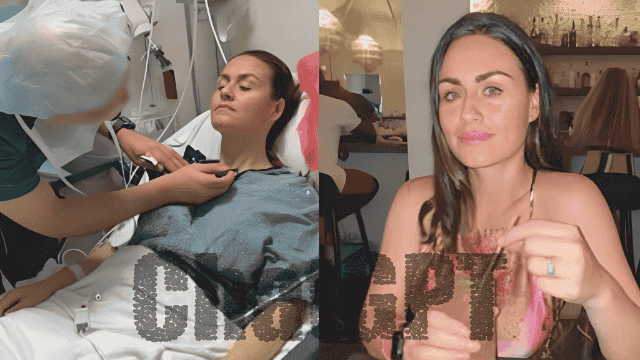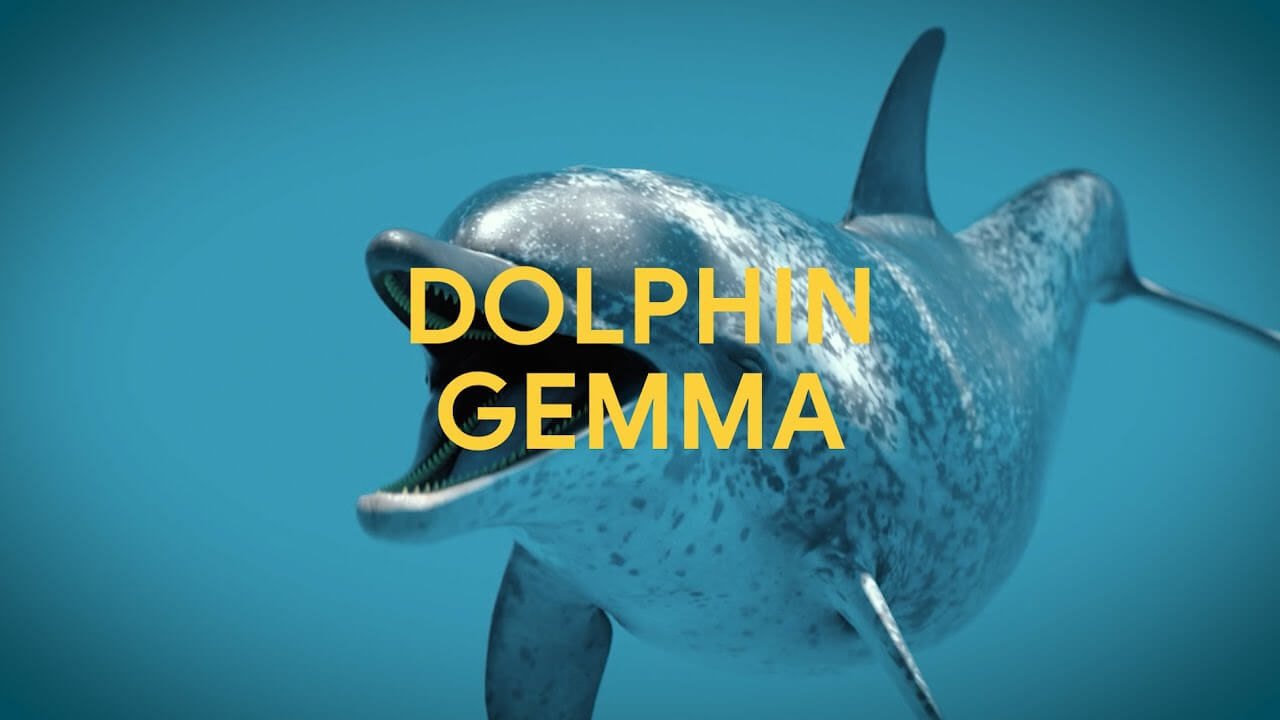When intuition meets innovation, lives can be saved.
In a rare human-AI fairytale, an American 40-year-old mother of two named Lauren Bannon says that ChatGPT helped her realize she had cancer, when doctors had mistakenly told her that she was experiencing arthritis and acid reflux.
“Something Didn’t Feel Right”
It started early this year when Lauren, a mother of two who runs a marketing agency, felt stiffness in her fingers. Her doctor thought it was rheumatoid arthritis, a typical autoimmune disease. But she knew something was off when the blood tests were negative.
Then other health problems started to appear, including intense abdominal pain and a loss of almost 6 kg in weight over the course of one month. Notwithstanding, doctors dismissed it as acid reflux. “I felt as if they were trying to tick boxes at pace and get me out with a prescription,” Lauren later recalled in an interview.
Turning To ChatGPT In Desperation
Frustrated, confused and desperately seeking answers, Lauren opened OpenAI’s ChatGPT.
“I asked it to serve as a guide to help me understand my symptoms. The chatbot said, ‘You might have Hashimoto’s disease ask your doctor to check your thyroid peroxidase antibody (TPO) levels.’ That line changed everything for me,” she said.
Hashimoto’s is an autoimmune condition in which the immune system attacks the thyroid. Though he did not experience Lauren’s same symptoms, the impetus was alarming.
AI Points To The Right Direction
Lauren pressed for more testing, following the advice of ChatGPT. She would continue to find explanations for her symptoms, doctor after doctor, but in September 2024 she demanded a thyroid ultrasound. The result? Two lumps were found in her neck, the cancer was later diagnosed in October.
She had surgery in January 2025 to remove her thyroid and several affected lymph nodes. “If I hadn’t been persistent, if I hadn’t had AI to help me ask the right questions, I don’t know where I would be,” she said.
AI As a Second Opinion, Not a Final Diagnosis
Though the story highlights the promise of AI like ChatGPT in helping patients, experts warn against substituting tech for professionals.
“This is not really about AI replacing doctors,” Lauren added. It is about empowering people to ask better questions and demand the care they deserve. AI helped me get heard.”
Doctors would later admit that her case was a tricky one: Her symptoms didn’t fit neatly into any one disease pattern.
A Lesson In Listening, To Yourself And The Tech
Lauren’s story is a reminder: Patients must trust their instincts, speak up when something isn’t right and not be afraid to seek a second opinion, no matter the provenance.
And though ChatGPT may have been born as a writing aide, this time, it looks like it was the one that wrote a life story for a user.


